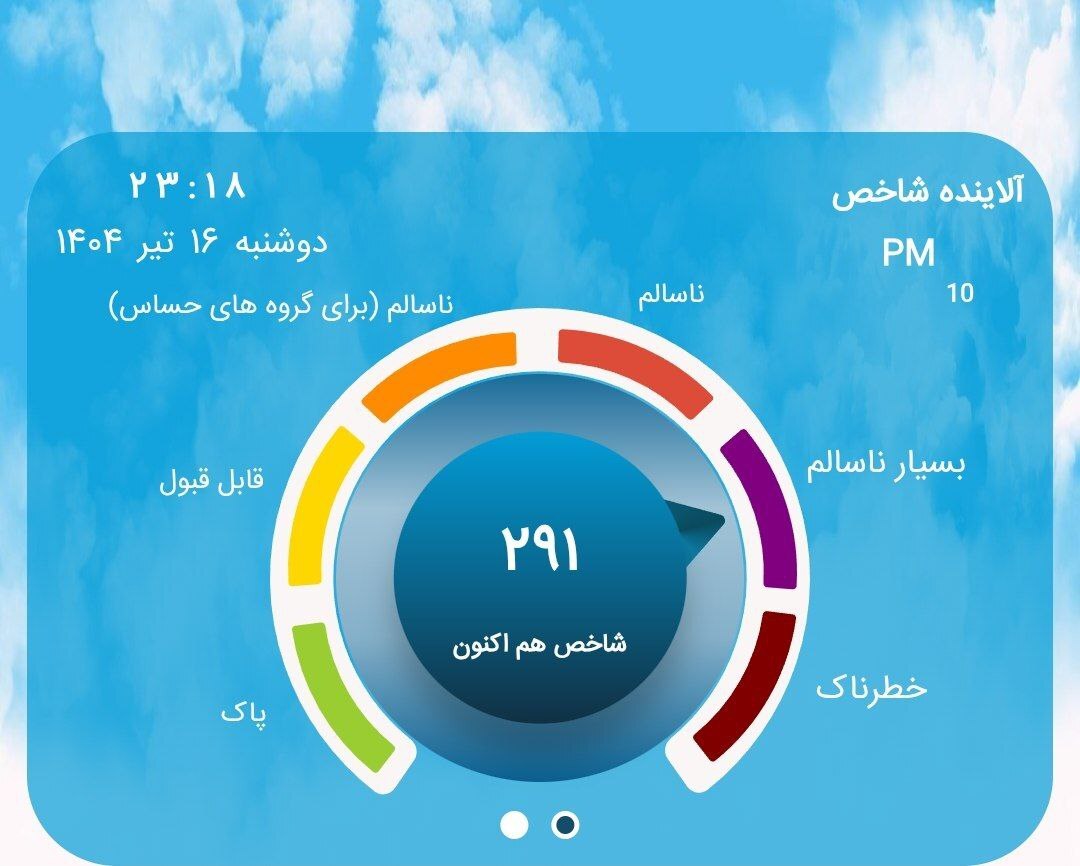Africa’s financial landscape is experiencing significant transformation, with digital payments increasingly displacing cash and crypto assets challenging traditional notions of money.
Previously constrained by low banking penetration, the continent is now redefining financial inclusion through the growth of mobile money and fintech innovation.
ADVERTISEMENT
CONTINUE READING BELOW
Listen: The world of digital payments
This shift is further propelled by increased internet and mobile phone penetration, the rise of e-commerce platforms, and a youthful tech-savvy population.
However, as the adoption of digital payments grows, the need for regulatory frameworks that promote innovation, protect consumers, and enhance the integrity and security of the financial system has become increasingly critical.
The digital payments revolution
Mobile money has changed the way people handle payments in Africa, with more than 1.1 billion registered mobile money accounts in 2024, reflecting a 19% increase from the previous year. Active accounts in 2024 rose by 13% to 286 million, demonstrating both broad adoption and growing usage.
Read: The future of payments: Real-time, secure, and smarter than eve
Transaction value climbed 12% to US $1.1 trillion, while the number of transactions jumped 28%to 81 billion, indicating that users are making more, smaller payments, even as larger transfers persist.
This shift reflects deeper financial engagement enabled by expanding smartphone and internet access, as well as innovative mobile money services.
Key indicators for Africa
| Indicator | 2023 | 2024 | Growth |
| Registered mobile money accounts | 856 million | 1.1 billion | +19% |
| Active mobile money accounts | 237 million | 286 million | +13% |
| Mobile money transaction value | $919 billion | $1.1 trillion | +12% |
| Transaction volume | 62 billion | 81 billion | +28% |
Source: The State of the Industry Report on Mobile Money 2024 (GSMA)
Africa has also emerged as one of the fastest-growing regions for crypto assets adoption, recording over $125 billion in on-chain crypto transactions in recent years, a trend that underscores the continent’s shift toward cheaper, faster, and more accessible remittance alternatives.
Crypto-based remittances, including those facilitated via stablecoins and blockchain networks, are being explored to bypass the high costs and delays associated with traditional banking infrastructure.
Simultaneously, fintech application programming interfaces (APIs) are revolutionising cross-border transactions by enabling direct wallet-to-wallet interoperability across mobile money platforms, banks, and digital wallets. This significantly reduces friction and cost by eliminating the need for multiple intermediaries, particularly correspondent banks.
The regulatory landscape
Regulators in Africa are taking actions aimed at levelling the playing field and creating an enabling environment.
The South African Reserve Bank’s National Systems Payments Department, for instance, is spearheading reforms aimed at broadening fintechs and non-bank participation in the national payment system.
Read: FSCA survey highlights gaps in FSPs’ complaint handling
South Africa’s Financial Sector Conduct Authority (FSCA) has also emerged as a proactive regulatory force, prioritising consumer and market development over bureaucratic compliance.
A key regulatory milestone in this regard is the anticipated Conduct of Financial Institutions Bill, which is expected to be tabled in parliament this year.
This legislation is designed to level the playing field across financial institutions and fintech providers through a more adaptable, activity-based regulatory framework.
These efforts reflect a shift toward a dynamic regulatory ecosystem better suited to Africa’s fast-moving digital payments sector.
Recently, in a landmark development, Ghana and Rwanda introduced a licensing passport system, allowing fintechs licensed in one country to expand into the other with minimal regulatory hurdles.
Read: New African online forex system facilitates local currency cross-border payments
ADVERTISEMENT:
CONTINUE READING BELOW
By integrating this passport with the Pan-African Payment and Settlement System (PAPSS) and leveraging support from global partners such as the Monetary Authority of Singapore, the initiative is set to streamline cross-border payments, lower transaction costs and processing times – and unlock new opportunities for intra-African trade and financial inclusion.
Cross-border collaboration is critical to address the enduring challenges involved in intra-Africa payments. In this regard, regional payment systems such as PAPSS are addressing the high cost of cross-border payments and promoting intra-Africa trade.
Challenges and potential solutions
The digital payment transition in Africa has made significant progress but faces challenges.
While the regulatory landscape for digital payments is evolving, in line with the continent’s rapidly expanding fintech sector and increasing focus on financial inclusion, regulatory fragmentation remains a major barrier to seamless cross-border fintech innovation.
With 54 countries each operating their own licensing requirements, prudential rules and compliance frameworks, fintechs face a patchwork of jurisdictional hurdles whenever they expand regionally.
This lack of harmonisation drives up legal and operational costs, prolongs time-to-market and undermines economies of scale, forcing many start-ups to limit their services to domestic markets.
Addressing this challenge will require coordinated efforts to align licensing requirements, adopt common data-privacy and anti-money-laundering standards, and build interoperable platforms that enable fintechs to onboard customers, clear transactions, and report to regulators under a unified set of rules.
Listen: Signed cyber bill will criminalise offences such as cyber fraud, forgery and more
Cyber fraud and data breaches are escalating across Africa’s digital payments landscape, highlighting the urgent need for comprehensive consumer protection and cybersecurity regimes.
In South Africa alone, incidents of digital-banking fraud rose by 45% year on year, with related financial losses up 47%, according to South Africa Banking Risk Information Centre’s Annual Crime Statistics 2023.
At the regional level, adopting Pan-African cybersecurity guidelines can ensure consistent incident reporting, threat-sharing and resilience testing across borders. Trust, access, financial and digital literacy, even though they are on the rise, remain uneven and insufficient.
These factors act as significant barriers to the adoption of digital payments, especially in underserved and rural communities where low financial literacy and digital unfamiliarity persist.
For instance, approximately 400 million people in sub-Saharan Africa remain outside the formal financial system.
In these areas, several users continue to rely on informal payment methods due to distrust of digital platforms, fear of fraud, and limited understanding of how digital financial services work.
Building trust, therefore, requires more than just deploying secure platforms; it necessitates targeted consumer education initiatives that equip users with the knowledge and confidence to engage safely in digital transactions. These programmes should emphasise basic digital financial skills, data protection awareness, and fraud prevention strategies.
Looking ahead
Africa’s digital payments revolution represents one of the most transformative developments in the continent’s economic history, a narrative driven by mobile money, fintech innovation, and growing demand for low-cost, real-time financial services.
With over one billion mobile money accounts and an expanding array of digital wallets, crypto-enabled remittance platforms, and API-powered fintech infrastructure, Africa is redefining how value moves across borders and communities.
Keith Sabilika is senior fintech specialist at the FSCA.
Follow Moneyweb’s in-depth finance and business news on WhatsApp here.

 6 hours ago
1
6 hours ago
1






















 English (US) ·
English (US) ·